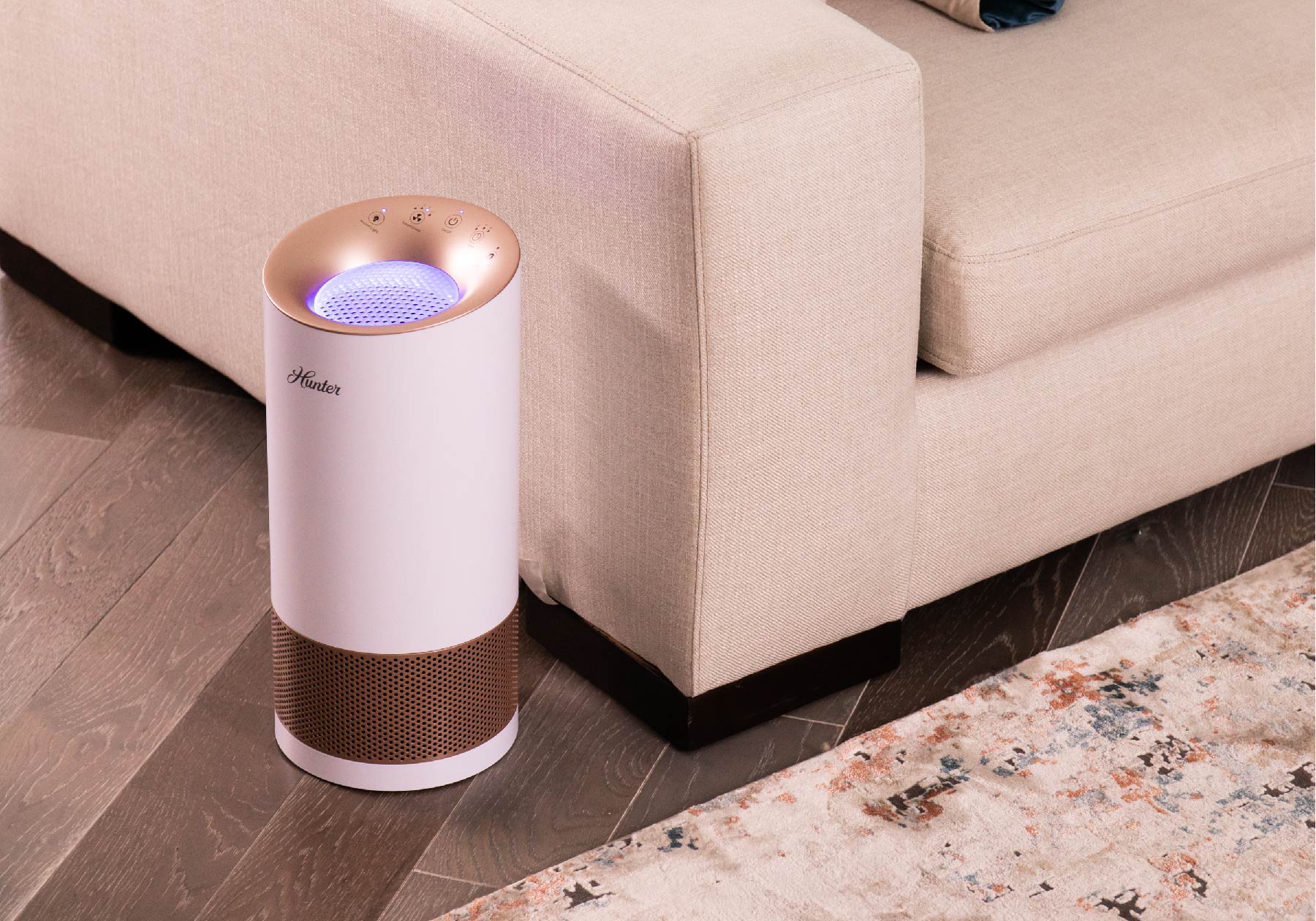
Air Purifiers & Slowing the Spread of Coronavirus
Running an air purifier is a good idea to keep dust, smoke and other allergens at bay inside your home. Air purifiers can also play an important role in protecting your family from COVID-19, especially as people start spending more time indoors as outdoor air temperatures fall across most of the U.S.
Researchers are still looking into how exactly coronavirus spreads, but there are some things we know about transmission of the disease. According to the CDC, coronavirus most often spreads from person-to-person contact, but it can also be spread by airborne transmission via droplets. Air purifiers can capture most of those particles with a True HEPA filter. You can figure out how fast an air purifier will clean your air by looking at its CADR (clean air delivery rate). You want an air purifier that has a CADR over 240.
True HEPA is the only filter that removes up to 99.97% of airborne particles as small as 0.3 microns. According to Stanford researchers, coronavirus particles range from 0.08 to 0.16 microns in size. However, these single virus particles tend to form larger particles, which are able to remove. So, in the right circumstances, air purifiers offer an additional layer of protection against the coronavirus. The True HEPA filter can also trap other airborne particles including smoke, dust, pollen, pet hair and dander, mold spores and dust mite debris. The True HEPA standard is defined by the U.S. Department of Energy.
It is important to note, while an air purifier can help slow the spread of coronavirus, it will not eliminate it. Along with the use of an air purifier, you should also continue to practice social distancing, wear protective face masks and follow other guidelines set by the CDC.
